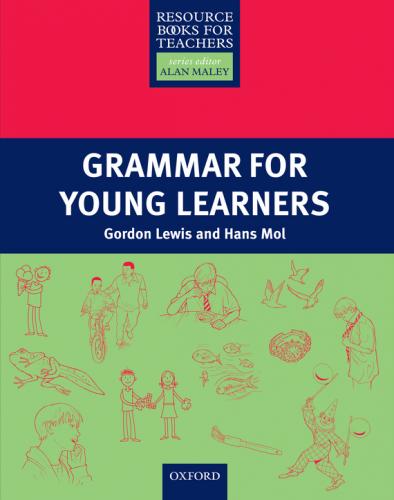Grammar is certainly one of the most controversial areas of language teaching. In fact, your approach to grammar will in many ways determine your position on communicative language teaching, task-based learning, lexical grammar, and any other of the many methodologies and approaches in the world of language teaching.
Maybe you’ve never stopped to think about grammar much. Before you continue reading this introduction, do the following activity (either for yourself or with colleagues). Tick the statements which best represent your own beliefs about grammar in English language learning. If you can’t find anything that suits you, think about your own opinion or belief.
My experience is …
For many teachers, grammar is the backbone of all language learning. ‘Structure’, as it is often called, is perceived as the core thread of the language syllabus and, indeed, the majority of school curricula and the majority of course books are designed according to grammatical criteria.
At the other end of the grammar spectrum, a huge population of communicative language teachers oppose the explicit teaching of grammar. They object to isolating grammar as a system within a system. For many who adhere to the notion of communicative language teaching with a capital ‘C’, grammar should be learnt intuitively through context; grammar should be inferred through meaning and task.
Конец ознакомительного фрагмента.
Текст предоставлен ООО «ЛитРес».
Прочитайте эту книгу целиком, купив полную легальную версию на ЛитРес.
Безопасно оплатить книгу можно банковской картой Visa, MasterCard, Maestro, со счета мобильного телефона, с платежного терминала, в салоне МТС или Связной, через PayPal, WebMoney, Яндекс.Деньги, QIWI Кошелек, бонусными картами или другим удобным Вам способом.
